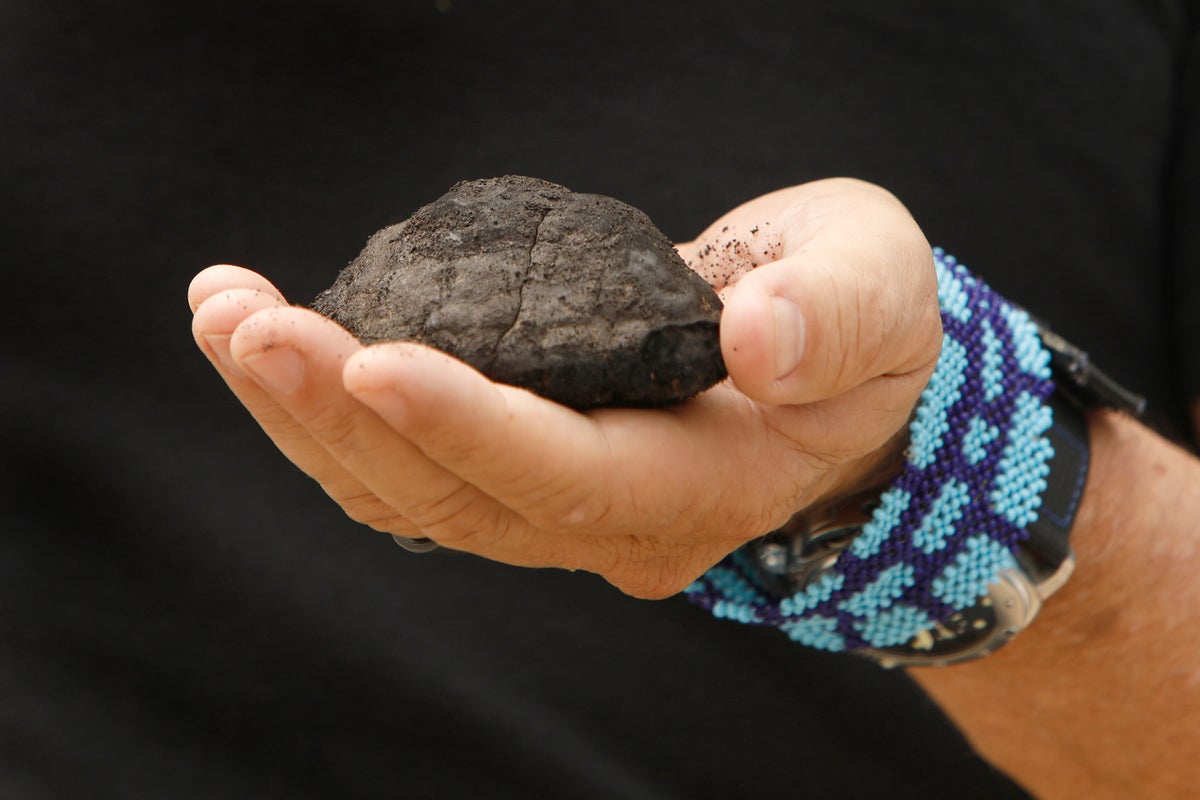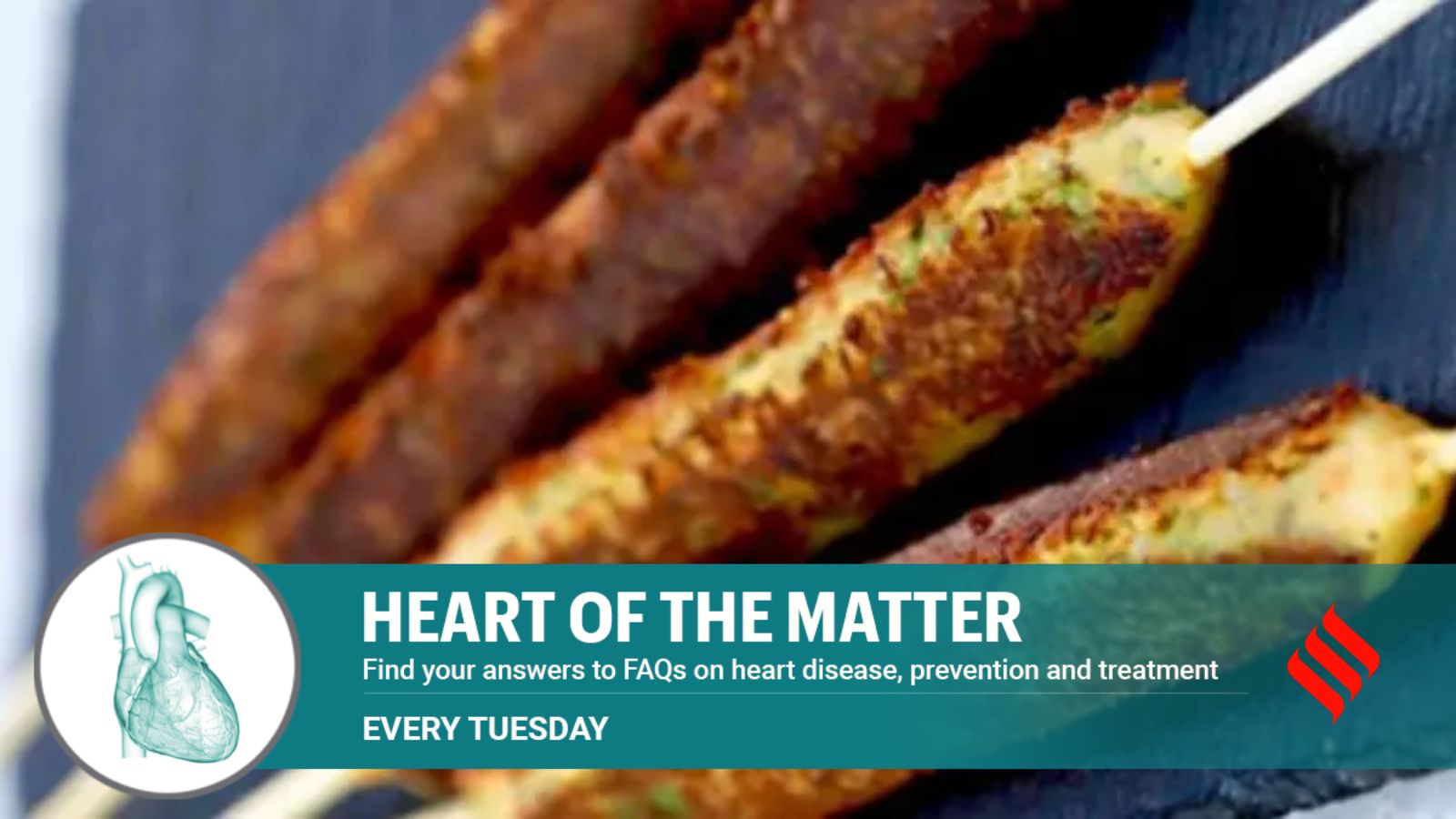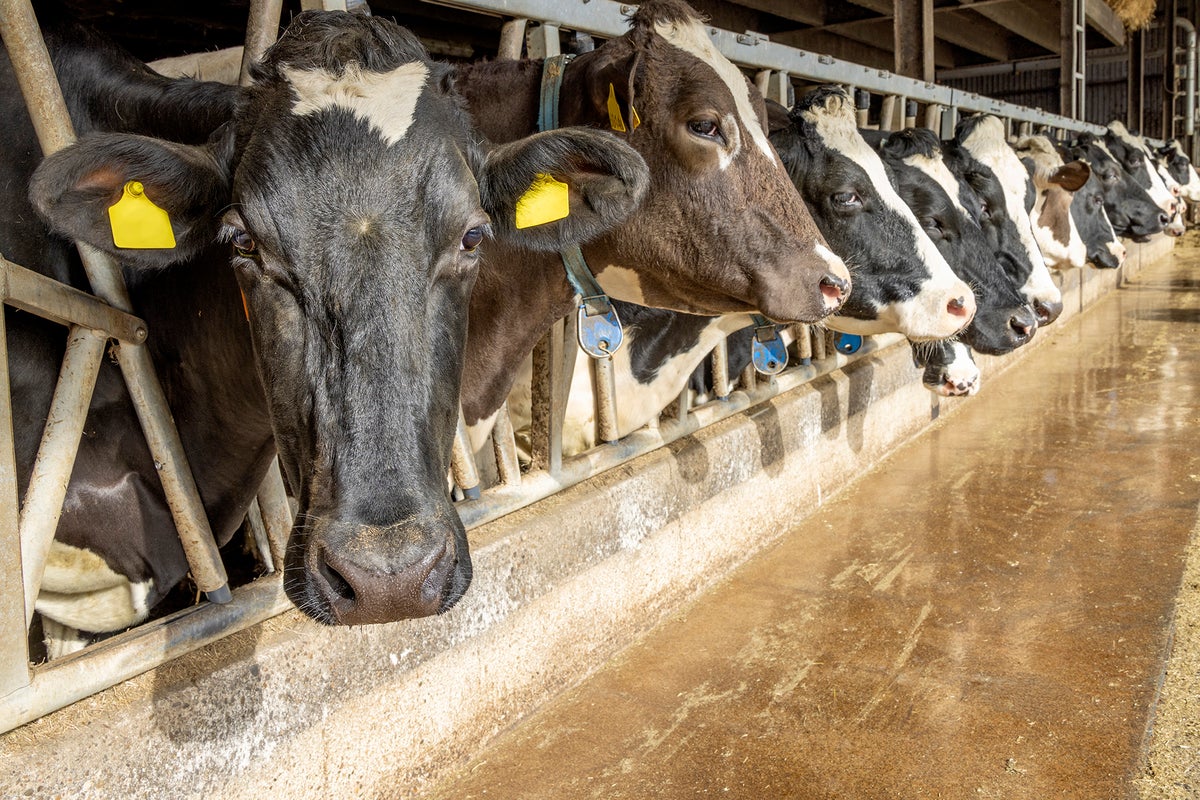Scientific American
Scientific American is a reputable source of scientific and health information, committed to sharing trustworthy knowledge and advancing social justice. The publication covers a wide range of topics related to science, technology, the environment, and society. It features articles written by journalists, scientists, scholars, policy makers, and people with lived experience of scientific or social issues. The source often discusses conflicts of interest and potential conflicts of interest in the scientific community and commits to transparency and disclosure. While there may be occasional instances of misleading information or deceptive practices mentioned in the articles, the overall content is generally accurate, reliable, and informative.
83%
The Daily's Verdict
This news site has a mixed reputation for journalistic standards. It is advisable to fact-check, scrutinize for bias, and check for conflicts of interest before relying on its reporting.
Bias
95%
Examples:
- There is a slight potential for bias in favor of presenting diverse perspectives and expertise, including those with lived experience of scientific or social issues.
- The source has a strong focus on providing trustworthy knowledge and advancing social justice. It commits to sharing accurate information and enhancing understanding of the world.
- The source may have a slight tendency to focus on negative aspects or consequences of certain topics, such as misinformation, environmental impact, and social inequality.
Conflicts of Interest
100%
Examples:
- There is a commitment to transparency and disclosure regarding any financial or personal connections that may influence research or findings.
- The source may highlight instances where companies, organizations, or individuals have acted in their own interests, potentially at the expense of public health or safety.
- The source often discusses conflicts of interest or potential conflicts of interest in the scientific community.
Contradictions
85%
Examples:
- Some articles mention conflicting findings or results from studies or research.
- There are instances where contradictions are mentioned and discussed in the articles.
- There may be occasional discrepancies between the information presented and real-world outcomes, but these are generally minor.
Deceptions
50%
Examples:
- There are occasional instances where misleading information or deceptive practices are mentioned in the articles.
- The source may highlight potential risks or dangers associated with certain products, practices, or policies.
- While there may be some sensationalized language or attention-grabbing headlines, the overall content is generally accurate and reliable.
Recent Articles

New Insights into the Ancient 'Alien Fish Taco': Odaraia alata's Mandibles Reveal Its Role in Early Evolution and Food Webs
Broke On: Tuesday, 23 July 2024
Deep-Sea Geobatteries: Uncovering the Mysterious Oxygen Production by Polymetallic Nodules
Broke On: Monday, 22 July 202429 Lives Lost: The Tragic Consequences of Houston's Heat Wave Following Hurricane Beryl
Broke On: Thursday, 11 July 2024
Newly Discovered Lunar Cave and China's Chang'e-6 Mission: Revolutionizing Space Exploration and Human Presence on the Moon
Broke On: Wednesday, 17 July 2024
ESA's Ramses Mission to Study Asteroid Apophis: Unraveling the Mysteries of a Potentially Hazardous Space Rock
Broke On: Wednesday, 17 July 2024
Neuroscientists Discover Distinct Brain Network Patterns for Sex and Gender in Young People
Broke On: Friday, 12 July 2024
Newly Discovered 'Little Red Dots': Challenging Our Understanding of Early Galaxy Formation and Black Hole Evolution with the James Webb Space Telescope
Broke On: Saturday, 22 June 2024
New Study: Consuming Plant-Based Ultra-Processed Foods Linked to Increased Risk of Cardiovascular Disease and Mortality
Broke On: Tuesday, 18 June 2024
China's Chang'e-6 Probe Brings First Samples from Far Side of the Moon to Earth
Broke On: Sunday, 02 June 2024